Scott Anderson1 Samuel 1:4-20 † 1 Samuel 2:1-10 † Hebrews 10:11-14, 19-25 † Mark 13:1-8 You can view a video of the service and sermon here. Franz Dolp was a professor of economics at Oregon State University when he began, perhaps, the greatest work of his life. As a young father and professor, his marriage had eroded, and his dream of creating an Oregon homestead with it. When he drove away from the farm intended for “till death do us part,” it was with the good-bye blessing, “I hope that your next dream turns out better than your last.”[i] He eventually found his way to forty acres on Shotpouch Creek. This logged-out, chaotic hot mess of vine maples, leggy hardwoods, and thorns was in the same Oregon coast mountains where his grandfather had made a hardscrabble homestead. In his journal, Franz wrote that he had “made the mistake of visiting the farm after it was sold. The new owners had cut it all.” I sat among the stumps and the swirling red dust, and I cried. When I moved to Shotpouch after leaving the farm, I realized that making a new home required more than building a cabin or planting an apple tree. It required some healing for me and for the land.”[ii] “My work [at Shotpouch] grew out of a deeply experienced sense of loss,” he wrote, “the loss of what should be here.”[iii] Robin Wall Kimmerer tells the story of how Franz Dolp, a wounded man, moved to live on wounded land at Shotpouch Creek in her book Braiding Sweetgrass, in a chapter she titles “Old Growth Children.” Franz wrote in his journal, “These forty acres were to be my retreat, my escape to the wild. But this was no pristine wilderness.” The land was razed by a series of clear-cuts over the years—first the venerable old-growth forest and then its children. No sooner had the Doug firs grown back than the loggers came for them again.[iv] Everything is different after land is clear-cut. Sunshine is abundant, the soil is broken open and unstable, temperatures rise, the humus blanket gives way to exposed minerals. Forest ecosystems have tools for dealing with disturbances, of course. Early plants get to work on damage control, quickly.
0 Comments
Scott AndersonActs 8:26-40 † Psalm 22:25-31 † 1 John 4:7-21 † John 15:1-8
A video version of this sermon can be found www.standrewpc.org/sermons/5th-sunday-of-easter-year-bhere. It is important to notice, when we look at this Acts story of Philip and the Ethiopian Eunuch that it is a story with three characters not just two. Great detail is provided about the first two—unusually detailed information, in fact. This isn’t like some of Luke’s other stories where people are left in mystery. We know a great deal about Philip from other texts in Acts—he is a deacon: one of seven Greek-speaking Jewish Christians appointed by the Twelve to tend to the needs of others, especially widows in the Greek-speaking portion of the fledgling Christian community. He is known as Philip the evangelist. He eventually settled in Caesarea, a government seat in first-century Palestine. He had four daughters who were considered prophets.[i] We know perhaps more than we want to know about the Ethiopian. They are in charge of the treasury of the Candace, which is the official title of the queen mother who is head of the Ethiopian government. We know by their chariot that they have status. We know by their scroll that they can afford rare things. We know by their Greek that they are educated. We know by their reading Isaiah that they are devout. We know by their invitation that this Ethiopian is humble enough to know what they don’t understand and to ask for help, and hospitable enough to respond to Philip when he approaches. And we know, because the author of the two volume Luke-Acts story tells us five times, that they are a eunuch. Scott AndersonGenesis 1:1-5 † Psalm 29 † Acts 19:1-7 † Mark 1:4-11 A video version of this sermon can be found here.
Scott AndersonDeuteronomy 34:1-12 † Psalm 90:1-6, 13-17 † 1 Thessalonians 2:1-8 † Matthew 22:34-46
Back in 2000 my daughter Claire and I went camping with a dear friend and his daughter. The next year another dear college friend and his daughters joined us. Soon enough, my son Peter was old enough and he started coming, building what became a summer camping tradition that lasted some 15 years—essentially through the school years of all our kids. The annual July drive to our camping trip in Mount Rainier National Park was always a highlight of the year. We hiked all through the park and in nearby locations. We celebrated meals together and spent long hours in conversation around the fire. We created memories that shaped us and will outlast my lifetime. The kids are older now. Half of them are married and have started their own families. There was one year, one conversation I was reminded of this week. We had been going to the same campground—Ohanapecosh in the Southeast corner of the Park—for at least a decade and we dads began to wonder if we ought to change it up a bit. So we proposed the idea of a new location, a new adventure for the following year to the kids. Before we could even finish the sentence, and with one voice they all cried out: “No! It’s tradition!” Now, let me try to explain the impact of this on me in the moment. Scott AndersonEzekiel 33:7-11 † Psalm 119:33-40 † Romans 13:8-14 † Matthew 18:15-20 You can find a video copy of this sermon in the context of worship here. Daniel Kirk, has given his expertise to studying early Christianity, particularly as it is represented by the apostle Paul. Kirk attends two churches on Sundays: a traditional Reformed Church in America and a house church—well, he did before the pandemic. Kirk has shifted his definition of church from what we do to who we are together. “Church is the people I’m trying to follow Jesus with and the people who are following Jesus with me. It’s the intentional community of people who walk in self-giving love for each other while trusting themselves to the care of God.”[i] I am especially struck and convicted by that last phrase--trusting themselves to the care of God. Richard Rohr gets at this when he suggests Jesus praised faith even more than love. Now, both are pretty important, it seems. Especially in these polarized times. I remember visiting Cuba some years ago. We traveled on a religious visa with the Presbyterian church and spent much of our time with the First Presbyterian Church Havana community.
Scott Anderson Isiah 55:1-5 † Psalm 145:8-9, 14-21 † Romans 9:1-5 † Matthew 14:13-21
Eric Law, the episcopal priest tells the story of his childhood table. It was always full—family, friends, travelers. Twelve or more was not unusual. Dinners were stuffed with stories and laughter. As you might imagine, as a kid, seeing this table, Law just assumed they were rich. As he grew older, he discovered this was not the case. His mother was very resourceful, a bargain shopper, to be sure, but even that did not explain the miracle of their table. Law recalls the particular way they dealt with leftovers as a window into the truth: Julie Kae SigarsExodus 12:1-14 † Psalm 116:1-2, 12-19 † 1 Corinthians 11:23-26 † John 13:1-17, 31b-35
The Three Days are a time of memory. We remember the stories that are important to us as the people of God. The same stories that have been important to the church for centuries. Yet they still speak to us today. In new ways. Part of the Three Days is about making all things new. Hope, Trust, Love. All things will be well. In this time of Lent, when we gave up far more than we thought we would….I have a new thing. I have learned a new dance. I have known it for, like, forever. Since I was a child. You have known it too. But know, it feels totally new. It is the hand washing dance. I bet you thought I would have a handwashing song. But no. It’s a dance. Scott AndersonGenesis 12:1-4 † Psalm 121 † Romans 4:1-5, 13-17† John 3:1-17 Have you ever wondered why Nicodemus comes to Jesus at night? What do you suppose could be possible reasons for this? It is a striking detail to include, especially given what he says next: So Nicodemus knows that what is happening has everything to do with the presence and the power of God. It rings with truth. He knows it. Yet he appears to be sneaking around, keeping his identity protected, proceeding with caution, and maybe even a little fear. And did you notice, even though its just him, he says, “We”
Scott AndersonActs 11:1-18 † Psalm 148 † Revelation 21:1-6 † John 13:31-35 According to local legend, the largest octopus in the world lives below the Tacoma Narrows Bridge. Some say it’s a 600-pound creature, once named King Octopus by The News Tribune.[i] Others say it lives among the ruins of Galloping Gertie, the wreckage of the bridge that collapsed during the November 7th, 1940 storm into the white-capped waters of the Puget Sound. Douglass Brown was 15 when he saw a giant tentacle emerge from Puget Sound. He was walking along the beach with a girl he wanted to impress when he saw this arm come out of the water. “It was 10, 15 feet in the air,” he told a reporter for KUOW. “It looked like an octopus or something like that, and I just took off running.”[iii] Not surprisingly, there is no report on how the relationship fared after that fateful day.
“They try to scare you,” says commercial diver Kerry Donahue of these big octopi. “Their big defense mechanism [is that] they get bigger than you are.” The first time it happened to Donahue, it terrified him. “Because your radio is to the surface,” he told the reporter, “you take a lot of flak for screaming like a 2-year-old when you run into an octopus.” They can also get small, though. National Geographic set up a tank and shot a video to demonstrate how malleable these creatures are.[iv] Scott AndersonActs 9:1-20 † Psalm 30 † Revelation 5:11-14 † John 21:1-19
If you were here last week, you may be wondering what we’re doing reading another section from the Gospel of John. “Didn’t we finish that last week?” you might ask. And my response to you is to say, give yourselves a pat on the back for your insightful and close listening. We should all be proud! Check out the last paragraph from chapter 20, the previous chapter in John, from last week’s reading: Now Jesus did many other signs in the presence of his disciples, which are not written in this book. 31 But these are written so that you may come to believe that Jesus is the Messiah, the Son of God, and that through believing you may have life in his name.[i] It is clearly the ending to the story—a hopeful summary statement by the gospel writer reminding us what the work of Jesus’ disciples has been about. Case closed. Time to move on. And then we have this afterthought: After these things Jesus showed himself again to the disciples by the Sea of Tiberias… |
St. Andrew SermonsCategories
All
|

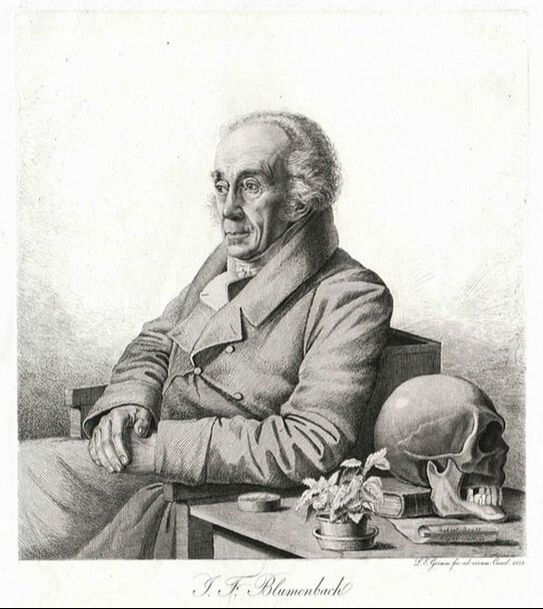
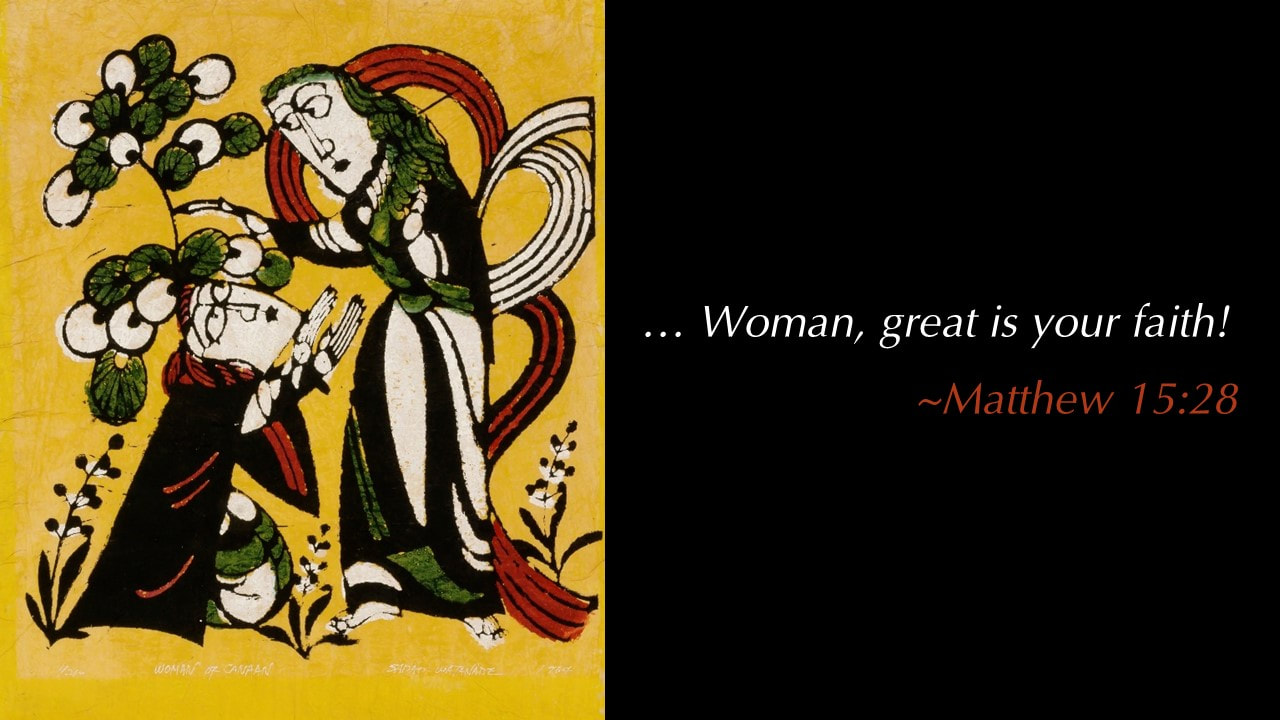
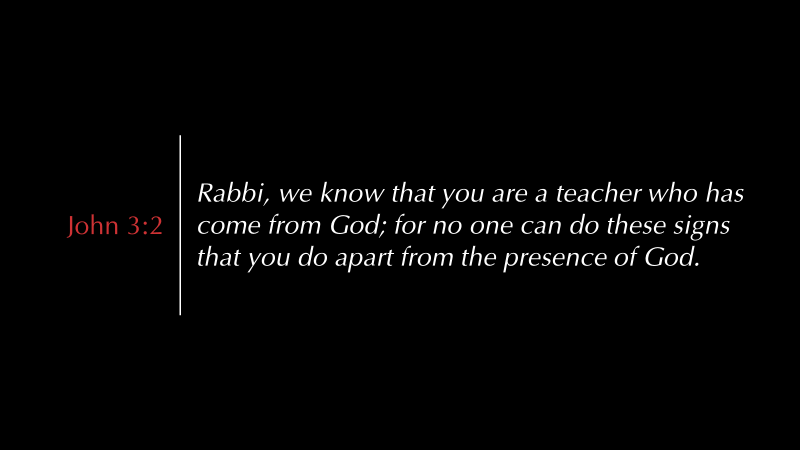
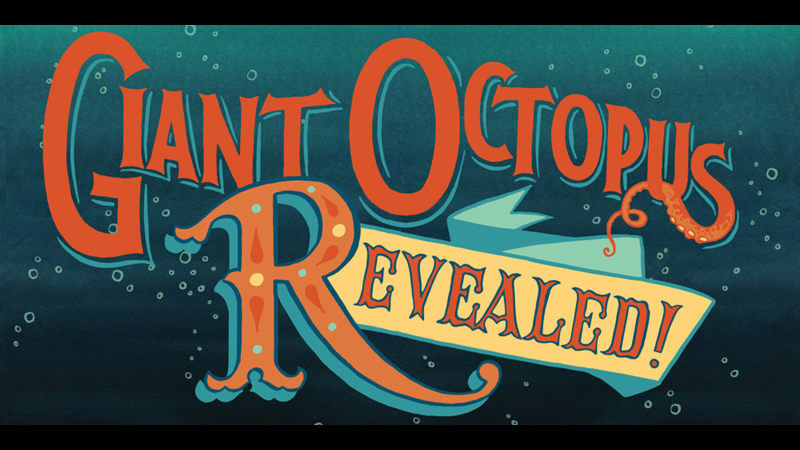
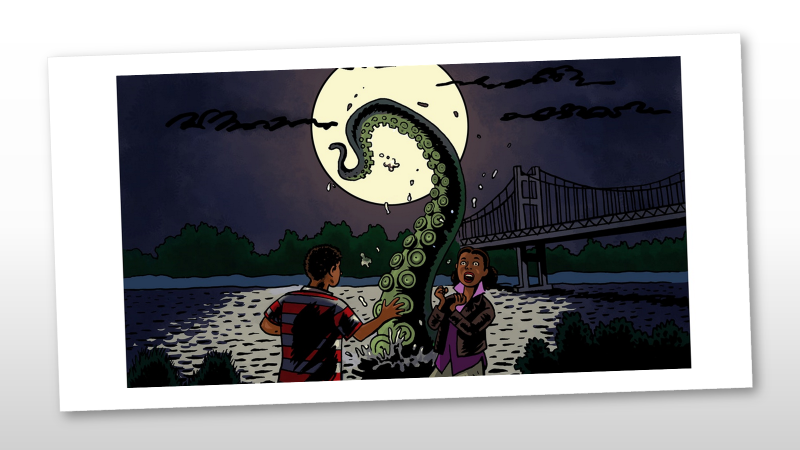
 RSS Feed
RSS Feed